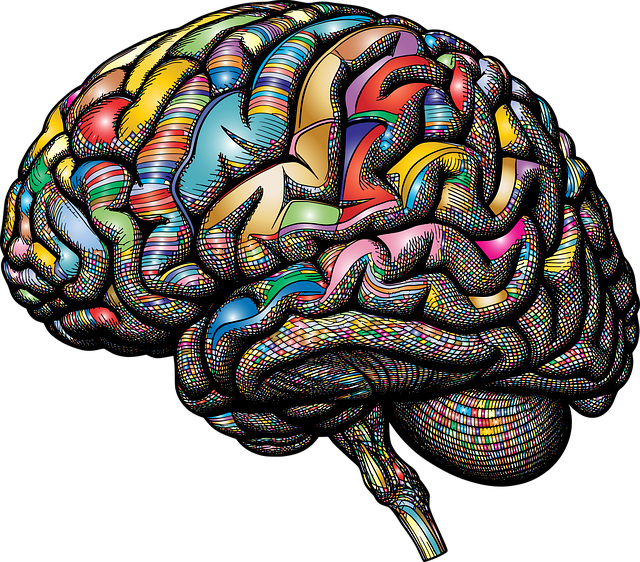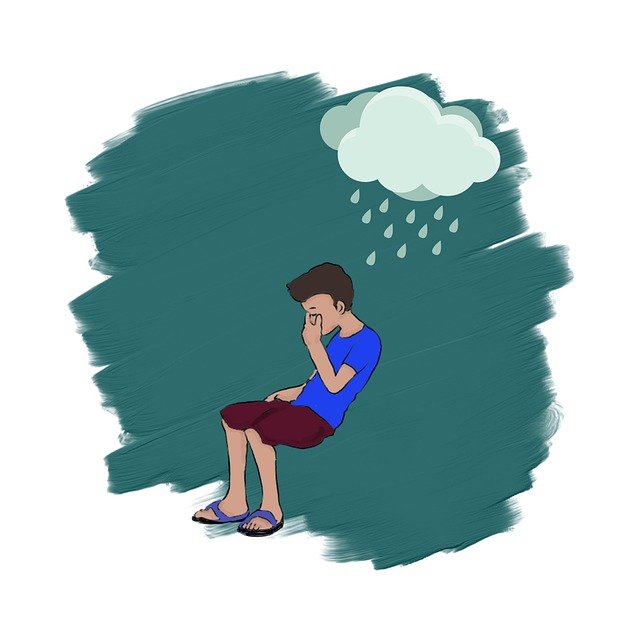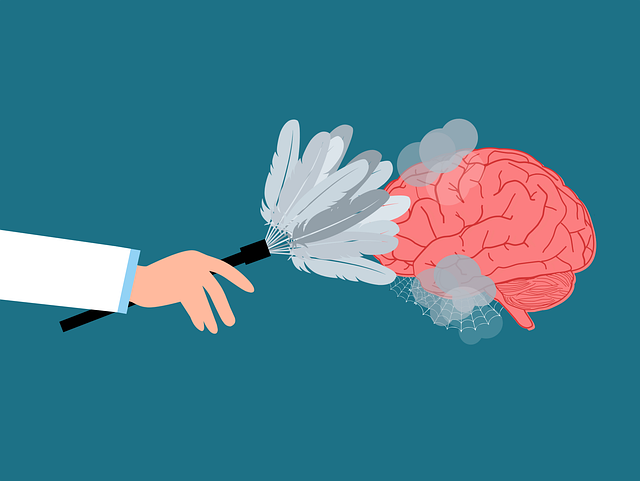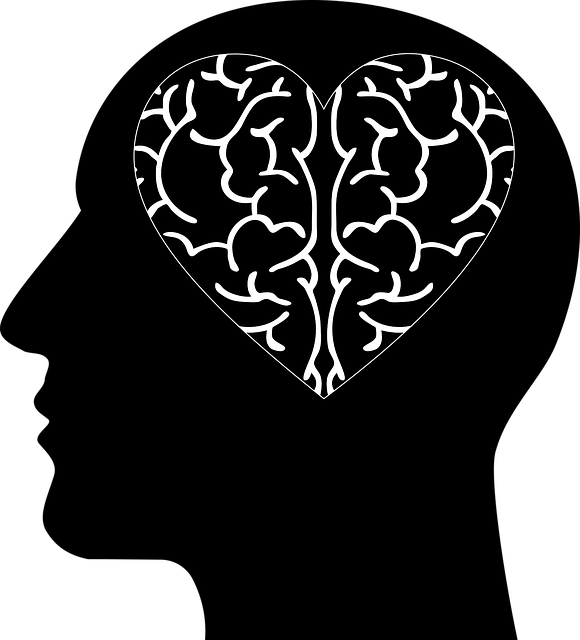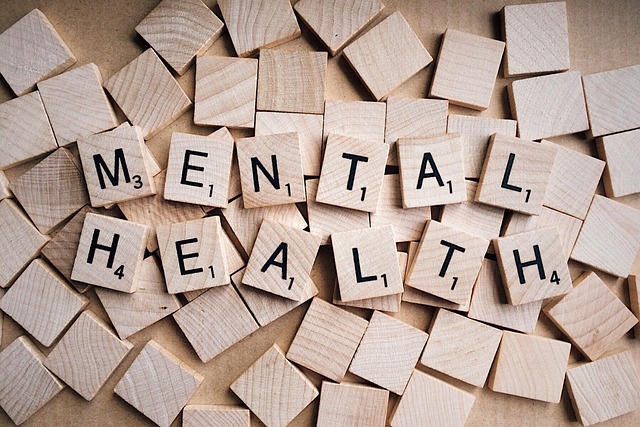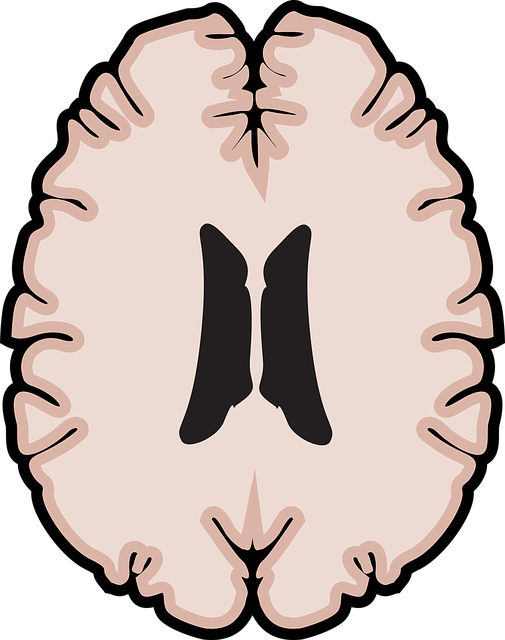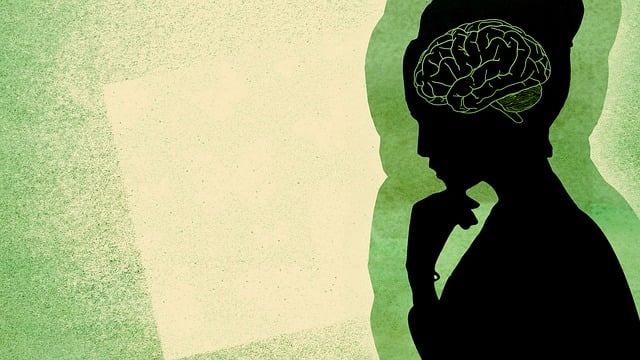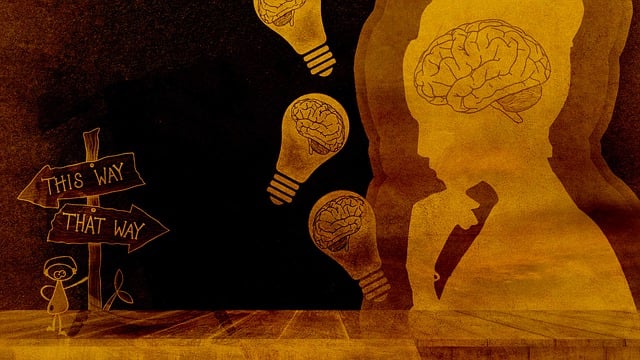Mental Health Crisis Hotlines offer 24/7 immediate support for acute distress, connecting individuals with trained counselors and services like Littleton Psychosis Therapy. This therapy specializes in psychotic symptoms and severe mental distress, using evidence-based practices to build resilience and empower clients. Confidentiality is paramount, with advanced encryption technologies protecting sensitive data shared during crises. Beyond hotline support, crisis centers provide tailored programs, workshops, and community education, fostering open dialogue about mental health struggles and breaking down barriers to help-seeking.
In today’s fast-paced world, mental health crisis hotline support services play a vital role in assisting individuals navigating turbulent times. This article explores the critical function of these hotlines, focusing on the expertise offered by Littleton Psychosis Therapy. We delve into access strategies for emergency support, emphasizing confidentiality and privacy measures that foster trust. Additionally, we uncover additional resources and community outreach initiatives enhancing overall mental well-being.
- Understanding Mental Health Crisis Hotlines
- The Role of Littleton Psychosis Therapy
- Accessing Emergency Support
- Confidentiality and Privacy Measures
- Additional Resources and Community Outreach
Understanding Mental Health Crisis Hotlines

Mental Health Crisis Hotlines serve as vital resources for individuals experiencing acute mental health distress or those in the midst of a crisis. These 24/7 services provide immediate support, offering a safe and confidential space to connect with trained professionals. Trained counselors employ effective communication strategies, such as active listening and empathy, to de-escalate situations, offer guidance, and connect individuals with appropriate resources, including Littleton Psychosis Therapy.
Understanding the complexity of mental health issues, these hotlines cater to diverse concerns, from depression prevention and anxiety management to psychotic crises. By fostering open dialogue and promoting early intervention, they play a pivotal role in Mental Health Policy Analysis and Advocacy, ultimately contributing to improved public mental healthcare access and outcomes.
The Role of Littleton Psychosis Therapy

Littleton Psychosis Therapy plays a pivotal role in addressing mental health crises by offering specialized support tailored to individuals experiencing psychotic symptoms or severe mental distress. Through evidence-based practices, therapists help clients navigate complex emotions, hallucinations, and delusions, fostering inner strength and resilience. The therapy focuses on not just treating symptoms but also promoting emotional well-being through various techniques designed to enhance coping mechanisms and build a robust support system.
By integrating Anxiety Relief strategies within the therapeutic framework, Littleton Psychosis Therapy empowers individuals to manage their conditions effectively. This holistic approach encourages clients to develop inner strength, fostering self-reliance in maintaining mental health even after formal therapy concludes. The ultimate goal is to enable folks to regain control of their lives, promoting a lasting sense of stability and improved emotional well-being.
Accessing Emergency Support

Confidentiality and Privacy Measures

When reaching out to a mental health crisis hotline like Littleton Psychosis Therapy, individuals can rest assured that their conversations are kept confidential and private. These services prioritize protecting sensitive information shared during difficult times. Advanced encryption technologies and secure data storage practices ensure that personal details remain safe from unauthorized access.
The commitment to confidentiality extends beyond technical measures. Trained counselors adhere to strict ethical guidelines, maintaining professional boundaries while fostering an environment of trust. This approach encourages users to openly discuss their struggles without fear of judgment or repercussions, ultimately enhancing the effectiveness of the support received, especially when addressing complex issues like psychosis and exploring solutions through various therapeutic methods, including those tailored for cultural sensitivity in mental healthcare practice and conflict resolution techniques.
Additional Resources and Community Outreach

In addition to direct hotline support, many crisis centers also offer a range of additional resources for those seeking mental health services. This can include therapeutic programs tailored to specific conditions like Littleton psychosis therapy, as well as workshops focused on topics such as depression prevention and stress management. These initiatives aim to educate the community about various mental health concerns, fostering an environment where people feel comfortable discussing their struggles openly.
Community outreach plays a vital role in expanding access to these services. Public awareness campaigns development targeting different demographics can help break down barriers and reach individuals who might otherwise be hesitant to seek help. By engaging with local communities, schools, and workplaces, crisis hotline organizations can ensure that support is not only available but also easily accessible and culturally relevant.
Mental health crisis hotline support services play a vital role in providing immediate assistance and long-term solutions. As highlighted, services like Littleton Psychosis Therapy offer specialized care during emergencies, ensuring individuals receive the help they need. Confidentiality measures protect users’ privacy, fostering trust. Beyond hotlines, additional resources and community outreach programs create a network of support, ultimately enhancing mental well-being.
